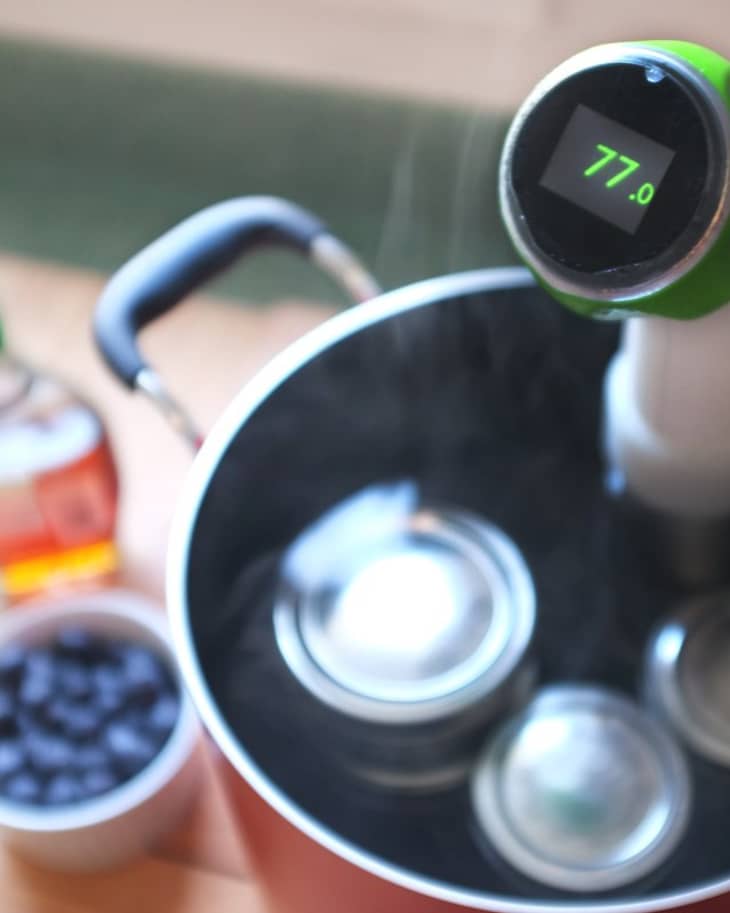How Safe Is Sous-Vide Cooking?
Fear of the unknown is a common facet of human nature, and that’s definitely true when it comes to what we eat. So it’s no surprise that the popularization of sous-vide cooking has been met with a degree of suspicion. In fact, I’d be surprised if every historical food innovation hadn’t been met with similar resistance. Perhaps at some point in the hazy days of prehistory, there was an Ogg or Grok who expressed skepticism about that newfangled stuff they called fire.
Happily, despite the science-y trappings of sous-vide cooking, it doesn’t take an advanced degree to understand how it can be done safely.
Concerns about sous-vide cooking generally fall into one of three categories: the safety of cooking in plastic, the safety of cooking at low temperatures, and the safety of vacuum-sealing. However, when basic food precautions are followed, sous-vide cooking is safe.
Is It Safe to Cook Food in Plastic?
Fears about cooking in plastic bags are misplaced due to the (low) temperatures employed when cooking sous vide and the type of food-safe plastic used. Inert polyethylene doesn’t pose any of the risks associated with heating other plastics because it doesn’t contain additives like BPA or phthalate (which can leach into food and potentially have a negative impact on health). Bottom line: Don’t fear the bag, baby.
Is It Safe to Cook Food at Low Temperatures?
According to the USDA, any food held in the so-called temperature “danger zone” (between 40°F and 140°F) for more than two hours presents a risk of
food-borne illness
Harmful bacteria can’t grow above that temperature, and at around 135ºF, most bacteria will actually be destroyed after a few hours, making pasteurization possible.
The precision temperature control of sous-vide cooking means it actually has the potential to be safer than traditional cooking methods. (This is exactly why one of its first major applications was making hospital food). And most home sous-vide circulators will let you know when you’re cooking in the danger zone.
Is It Safe to Cook Food Under Vacuum?
The potential risk comes from anaerobic bacteria, which thrives under low oxygen conditions. The main culprit is a species called C. botulinum, the toxin-producing bacteria responsible for the disease botulism. Provided you’re cooking at a safe temperature, the issue is less the cooking itself and more the food storage after cooking.
Basically, if you’re not planning on eating immediately, you need to make sure you’re storing it properly. I always recommend chilling a food in an ice-water bath before refrigerating (or better yet, freezing) for long-term storage. This ensures that the food doesn’t spend long in the danger zone, and minimizes any potential for trouble.
Wordy explanations aside, the basic precautions for sous vide aren’t much different than for any other kind of cooking. Make sure to use food-safe plastic bags (freezer-safe zip bags fit the bill), don’t let the food stay in the danger zone too long (the warning feature on your immersion circulator will help you here), and chill any foods you plan to store quickly and efficiently (the ice bath is your friend). Armed with these simple precautions, you can confidently navigate the delicious world of sous-vide cooking without fear.
